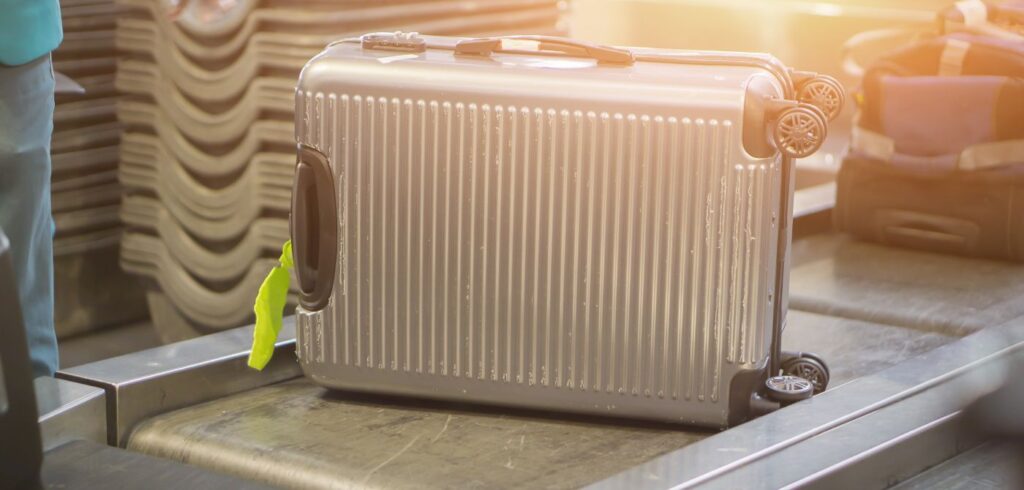Airport security is a concept that everyone is familiar with; although we all recognize the magnitude of the safety procedures that are in place, it is interesting to see how the industry has transformed over the past two decades. Following 9/11 and as a response to the globally emerging threats, airports have significantly increased their security measures to ensure a customers’ journey is as seamless and safe as possible.
The development of artificial intelligence (AI) technology in the aviation spectrum plays a substantial role in the world of airport safety, both in speeding up the process while maintaining utmost security measures or using data to analyze potential threats.
So, what is AI? In the simplest of terms, AI is used to solve problems that usually require human intelligence. A non-professional will see AI in their day-to-day activities without realizing – for example, online shopping that suggests products to suit your taste, voice recognition systems at banks, or the renowned ‘Siri’ and ‘Alexa’ and, lastly, Netflix, which suggests movies you may be interested in. AI has become commonplace in our everyday lives.
Similarly, airports use AI through techniques such as machine learning that automatically analyze data for hazards through machines. One of the breakthroughs with AI at airports is the check-in intrusion detection system that actively distinguishes between bags and humans to alert incidents of invasion into the baggage system. With episodes of children playing and inadvertently entering the system or malicious intrusions, various solutions were attempted but came with complexities; check-in AI proved to be the most effective answer to a surprisingly difficult problem.
The present and future of airport security is AI and the aforementioned system is just one of a plethora of solutions available for an efficient passenger journey. Airports are now heavily reliant on AI as it can detect undiscovered risks, identify existing problems, enable the foresight of terrorist attacks, ease passenger flow and generally enhance overall security at airports.
Humans should focus on more pressing matters that require human interaction rather than manual involvement in baggage handling. With the current pressures on staffing due to worldwide labor shortages, it is becoming a safety risk not having enough staff in the check-in area who might spot that a child entered the baggage system.
Imagine hiring someone for every single check-in counter to ensure a human doesn’t jump on the belt; we would rather have that employee serve the organization in a manner that values their time better. AI improves operational efficiently which is extremely crucial at an airport where every minute counts and delays can cause huge financial losses for airlines and travelers.
These next-gen solutions increase security but also amplify the airport experience for travelers all year round. Airports globally are increasingly relying on AI technology as a solution to elevate their safety measures and overall passenger journey. Through machine learning, these smart solutions will eliminate any margin for error, strengthen capabilities and mitigate risks.

